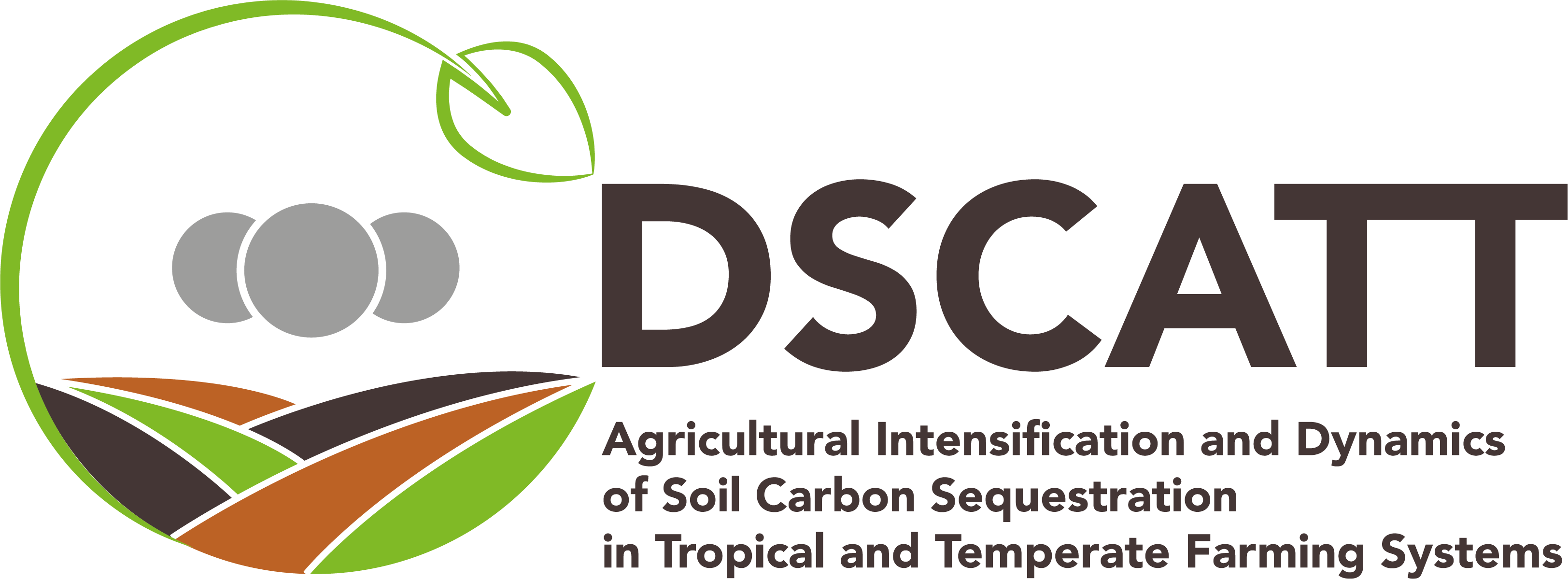Mapping carbon accumulation potential from global natural forest regrowth
Item
-
Title
Mapping carbon accumulation potential from global natural forest regrowth
Nature
-
Creator
Susan C. Cook-Patton
Sara M. Leavitt
David Gibbs
Nancy L. Harris
Kristine Lister
Kristina J. Anderson-Teixeira
Russell D. Briggs
Robin L. Chazdon
Thomas W. Crowther
Peter W. Ellis
Heather P. Griscom
Valentine Herrmann
Karen D. Holl
Richard A. Houghton
Cecilia Larrosa
Guy Lomax
Richard Lucas
Palle Madsen
Yadvinder Malhi
Alain Paquette
John D. Parker
Keryn Paul
Devin Routh
Stephen Roxburgh
Sassan Saatchi
Johan van den Hoogen
Wayne S. Walker
Charlotte E. Wheeler
Stephen A. Wood
Liang Xu
Bronson W. Griscom
-
doi
10.1038/s41586-020-2686-x
-
Abstract
To constrain global warming, we must strongly curtail greenhouse gas emissions and capture excess atmospheric carbon dioxide1,2. Regrowing natural forests is a prominent strategy for capturing additional carbon3, but accurate assessments of its potential are limited by uncertainty and variability in carbon accumulation rates2,3. To assess why and where rates differ, here we compile 13,112 georeferenced measurements of carbon accumulation. Climatic factors explain variation in rates better than land-use history, so we combine the field measurements with 66 environmental covariate layers to create a global, one-kilometre-resolution map of potential aboveground carbon accumulation rates for the first 30 years of natural forest regrowth. This map shows over 100-fold variation in rates across the globe, and indicates that default rates from the Intergovernmental Panel on Climate Change (IPCC)4,5 may underestimate aboveground carbon accumulation rates by 32 per cent on average and do not capture eight-fold variation within ecozones. Conversely, we conclude that maximum climate mitigation potential from natural forest regrowth is 11 per cent lower than previously reported3 owing to the use of overly high rates for the location of potential new forest. Although our data compilation includes more studies and sites than previous efforts, our results depend on data availability, which is concentrated in ten countries, and data quality, which varies across studies. However, the plots cover most of the environmental conditions across the areas for which we predicted carbon accumulation rates (except for northern Africa and northeast Asia). We therefore provide a robust and globally consistent tool for assessing natural forest regrowth as a climate mitigation strategy.
